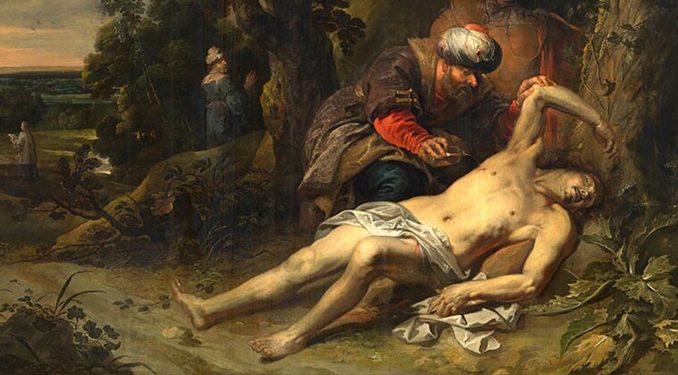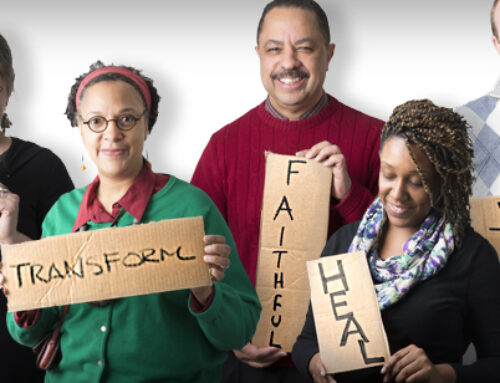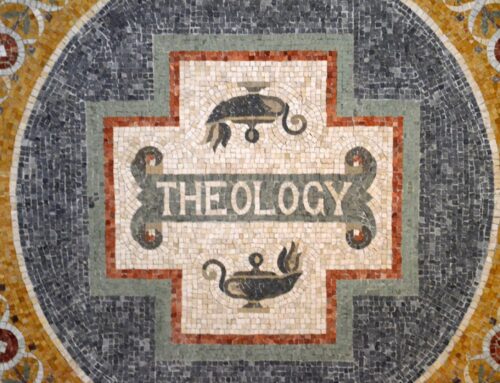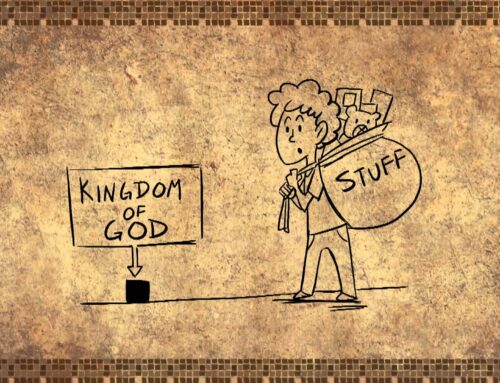Minimalism Religion: Practical Love
December 7, 2020
Categories: Minimalism
This post is Part 5 in a 6-part blog series on Minimalism and Faith. (If you missed the first post, you can find it here.) In Jesus’ day, religion was complicated. Jewish tradition says that there were 613 commandments in the Torah. These commandments governed everything, including sexual practices, what you could and couldn’t eat, and how and what you should sacrifice to God.
Love Your Neighbor
Jesus took a different path. Consistent with the Greatest Commandment to love God and love others, Jesus boiled down all the various religious practices to loving your neighbor. In fact, there was a teacher of the law who wanted more information about what this meant, and Jesus responded by telling the now-famous story of the Good Samaritan.
The Good Samaritan
A man was going down from Jerusalem to Jericho, when he was attacked by robbers. They stripped him of his clothes, beat him, and went away, leaving him half dead. A priest happened to be going down the same road, and when he saw the man, he passed by on the other side. So too, a Levite, when he came to the place and saw him, passed by on the other side. But a Samaritan, as he traveled, came where the man was; and when he saw him, he took pity on him. He went to him and bandaged his wounds, pouring on oil and wine. Then he put the man on his own donkey, brought him to an inn and took care of him. The next day he took out two denarii and gave them to the innkeeper. “Look after him,” he said, “and when I return, I will reimburse you for any extra expense you may have.” (Luke 10: 30-35)
The lesson of the parable is clear. Loving your neighbor means engaging in practical actions that lead to the well-being of that person. Love isn’t an idea or a feeling—it only becomes real when it is put into action.
Practical Love
In another parable, Jesus is even more explicit. To him, true religion is focused on caring for the poor and marginalized in a practical way.
When the Son of Man comes in his glory, and all the angels with him, he will sit on his glorious throne. All the nations will be gathered before him, and he will separate the people one from another as a shepherd separates the sheep from the goats. He will put the sheep on his right and the goats on his left.
Then the King will say to those on his right, “Come, you who are blessed by my Father; take your inheritance, the kingdom prepared for you since the creation of the world. For I was hungry and you gave me something to eat, I was thirsty and you gave me something to drink, I was a stranger and you invited me in, I needed clothes and you clothed me, I was sick and you looked after me, I was in prison and you came to visit me.”
Then the righteous will answer him, “Lord, when did we see you hungry and feed you, or thirsty and give you something to drink? When did we see you a stranger and invite you in, or needing clothes and clothe you? When did we see you sick or in prison and go to visit you?”
The King will reply, “Truly I tell you, whatever you did for one of the least of these brothers and sisters of mine, you did for me.” (Matthew 25: 31-40)
The Least of These
For Jesus, religion isn’t complicated. The basic requirement is to love people who need it in a practical way—providing food, drink, and clothing, inviting the stranger, looking after the sick, and visiting the prisoner. When we love and serve people in a practical way, we are actually loving God.
Click here to read Part 6–Minimalism Lifestyle: The Easy Yoke

Related Thoughts

Subscribe To My Newsletter
Join my mailing list to receive the latest blog posts.
Receive my e-book “The Mental Health Toolkit” for free when you subscribe.





